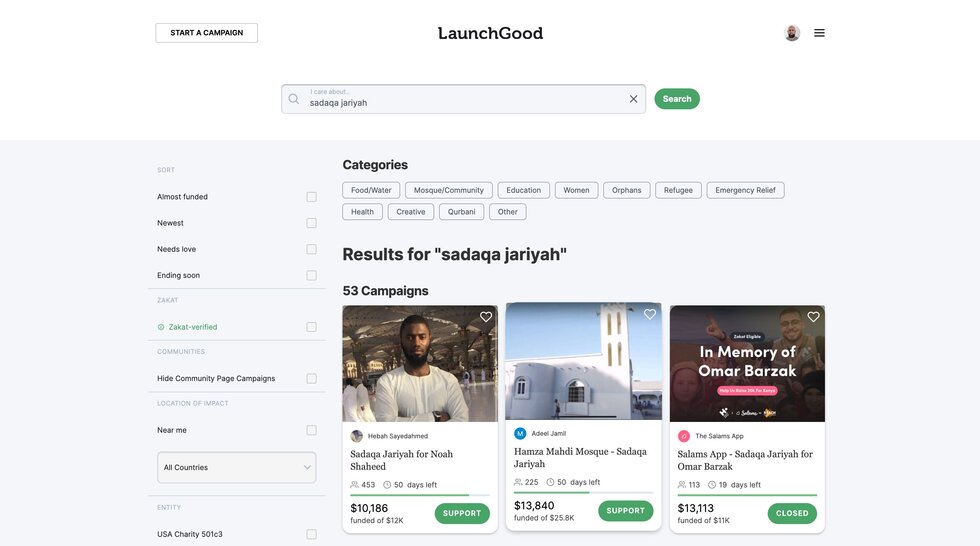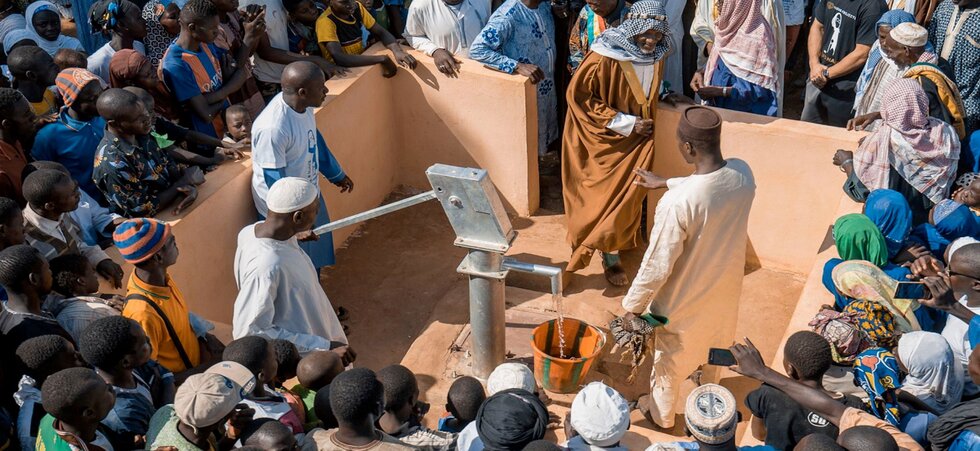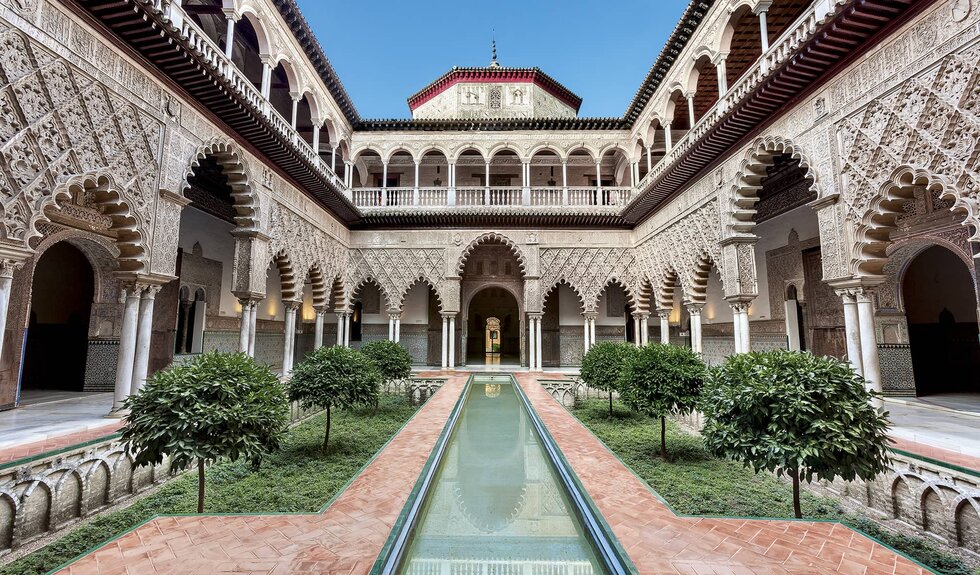Home
>
Sadaqah jariyah on LaunchGood: meaning, examples, and ways to give.
November 11, 2024
Sadaqah jariyah on LaunchGood: meaning, examples, and ways to give.
By Yusuf Jaffar
•
4 min read

Sadaqah jariyah is a unique form of Islamic charity that provides lasting benefits to others and continuous rewards for the donor. This guide explores key aspects of sadaqah jariyah, including:
Definition and qualification
Not all charity is sadaqah jariyah. Projects must offer ongoing benefits like educational programs or community infrastructure to qualify.
Types of sadaqah jariyah
Categories like education, healthcare, and environmental projects ensure lasting impact.
Projects on LaunchGood
LaunchGood hosts many sadaqah jariyah initiatives, from building wells to supporting scholarships, providing you with impactful ways to contribute to lasting change.
Through LaunchGood, you can easily support sadaqatul jariyah projects, whether you’re interested in building a mosque or supporting education initiatives.
Water wells – providing clean water access to underserved communities.
Mosques – supporting the construction of mosques in new areas.
Education – funding educational initiatives that offer long-term benefits.
Orphan support – helping to provide ongoing care for orphans.

The meaning of sadaqah jariyah according to the Hadith
Sadaqah jariyah, or continuous charity, is a special form of Islamic giving that offers ongoing benefits for others while bringing enduring rewards to the donor, even after they pass away.
The word "jariyah" comes from the Arabic root meaning "flowing" or "running," reflecting how this charity continues to serve and support others over time, unlike one-time acts of sadaqah.
Quranic and Hadith Foundations
The Quran beautifully describes the impact of charity, comparing it to a grain that grows into seven ears, each with a hundred grains (Surah Al-Baqarah, 2:261).
This verse symbolizes how a single act of charity can yield multiplied blessings, aligning closely with the concept of sadaqah jariyah, which has benefits that ripple outward and persist.
The significance of sadaqah jariyah is further underscored in a hadith of Prophet Muhammad (peace be upon him), where he said: “When a person dies, all their deeds come to an end except for three: ongoing charity (sadaqah jariyah), beneficial knowledge, and a righteous child who prays for them” (Sahih Muslim).
Below is a comparison to clarify the distinctions between sadaqah jariyah and regular sadaqah:
Sadaqah:
Definition: General voluntary charity, often a one-time act
Duration of Impact: Short-term; benefits the recipient immediately
Ownership: Becomes the property of the recipient
Examples: Giving food, money, or clothing
Reward Duration: Rewards are limited to the act’s immediate impact
Sadaqah Jariyah:
Definition: Ongoing charity with continuous benefits
Duration of Impact: Long-term; benefits recipients over an extended period
Ownership: Remains in a state of endowment (waqf); not owned by individuals
Examples: Building wells, mosques, schools, or planting trees
Reward Duration: Rewards continue as long as the charity benefits others, even after the donor's death
With LaunchGood, giving sadaqah jariyah online is simple and impactful. By choosing a project that qualifies as sadaqah jariyah, such as a water well, mosque, or educational facility, donors can ensure their contribution provides lasting benefits.
Just type "sadaqah jariyah" in the search bar to find projects designed for continuous rewards.
Definition of sadaqah jariyah: Qualification criteria

Here's a checklist to determine if a project qualifies as Sadaqah Jariyah:
Long-term benefit
Does the project provide ongoing benefits to individuals or communities over an extended period?
Example: Building a school, mosque, or well that will continue to serve people for years or generations.
Sustainable impact
Does the project address a critical need in a way that promotes sustainability and long-term welfare?
Example: Providing access to clean water, healthcare, or education that empowers communities and fosters self-sufficiency.
Continuous rewards
Will the donor continue to receive rewards as long as the project benefits others, even after their death?
Example: Planting trees or spreading beneficial knowledge that people will continue to use and benefit from.
Non-consumable nature
Is the charity non-consumable, meaning it remains intact and continues to provide benefits over time?
Example: Donating books, building infrastructure, or establishing scholarships (as opposed to one-time food donations).
Halal and ethical
Is the project funded through halal (permissible) means and aligned with Islamic ethical principles?
Example: Ensuring that the project’s funding and purpose comply with Islamic guidelines.
Inclusive of all beneficiaries
Does the project benefit a wide range of people, including future generations, animals, or the environment?
Example: Creating a water source in a forest that benefits both humans and animals.
Sadaqa jariyah on LaunchGood: What our data tells us?
On LaunchGood, nearly $150 million has been donated to sadaqah jariyah projects. Interestingly, donors who contribute to sadaqah jariyah campaigns tend to give more frequently than those who donate only to emergency relief efforts.
On average, donors supporting sadaqah jariyah projects have given at least four times over their lifetime on our platform, with an average donation exceeding $100.
Means of sadaqah jariyah on LaunchGood
Sadaqah jariyah is facilitated on our platform through several meaningful ways:
Legacy campaigns
When a loved one passes away or a prominent community figure is honored, fundraisers create legacy campaigns to raise funds for burial costs, family support, and projects like building wells or mosques in the person’s name. These campaigns are a way for family and friends to ensure the legacy of the deceased lives on through ongoing charity.
Mosque construction in new areas
Many fundraisers aim to build mosques in areas that previously lacked proper facilities for worship. We’re fortunate to host campaigns that make these efforts possible, such as:
The Only Masjid in Center City, Philadelphia
Sadaqa jariya in education
Supporting the construction of educational facilities, expanding existing schools to serve more students, sponsoring dawah activities, and providing free copies of the Quran are just a few of the ways our donors have contributed to sadaqah jariyah in the field of education. These projects not only foster knowledge but also ensure lasting rewards for donors by creating resources that benefit communities over time.
Featured fundraisers
Discover 1.5K more
Join our newsletter
Join our community of 700k subscribers
Explore more
